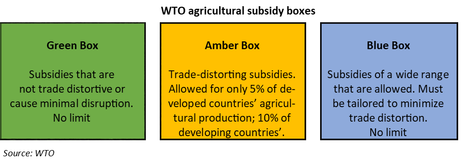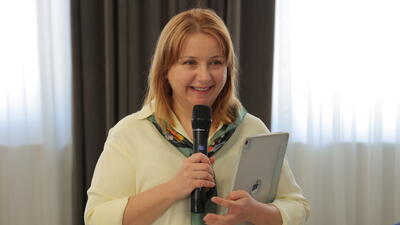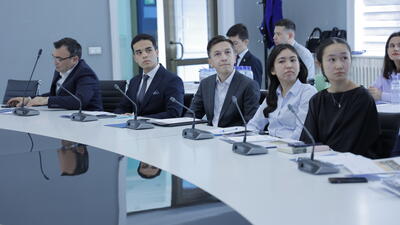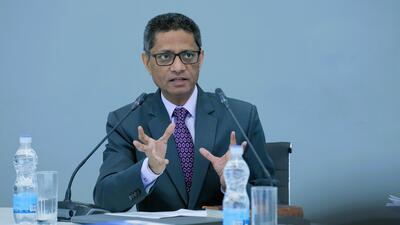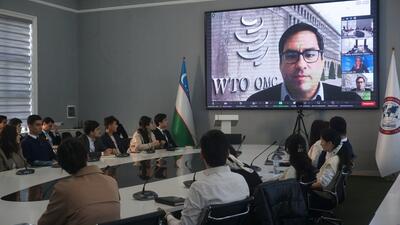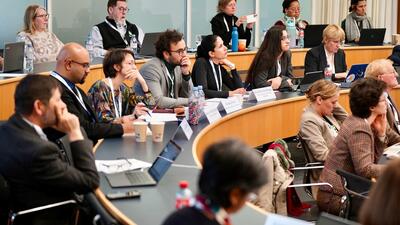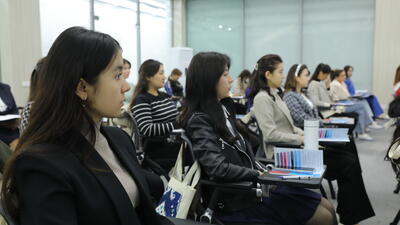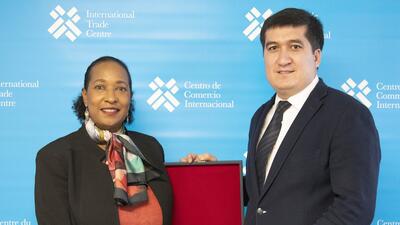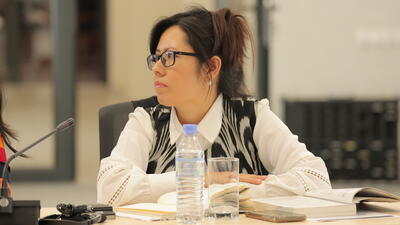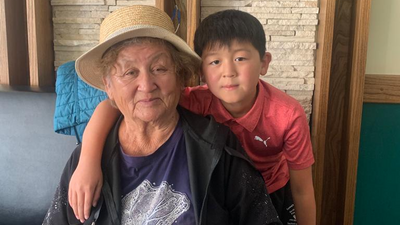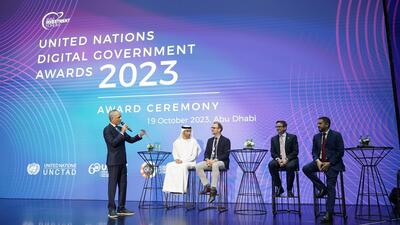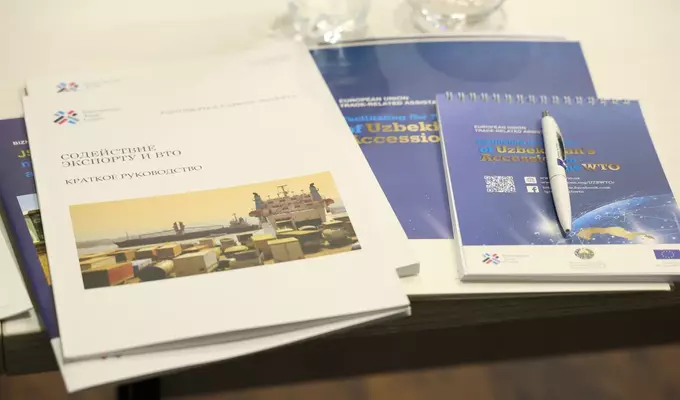
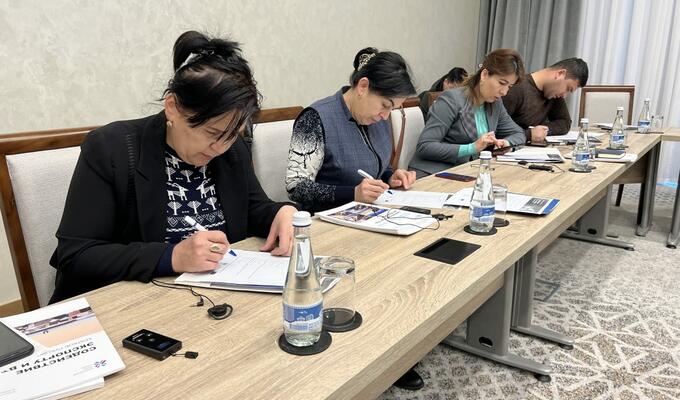
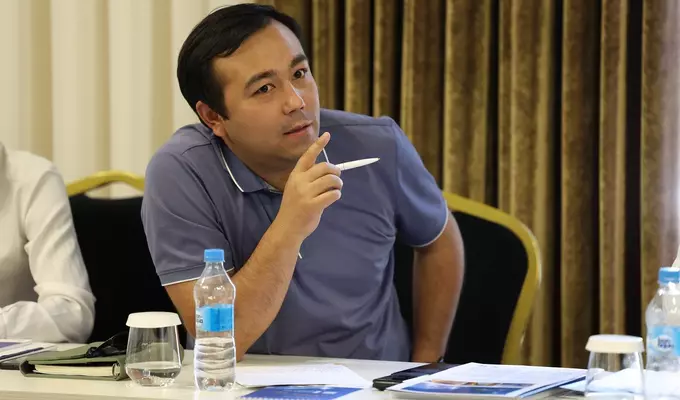
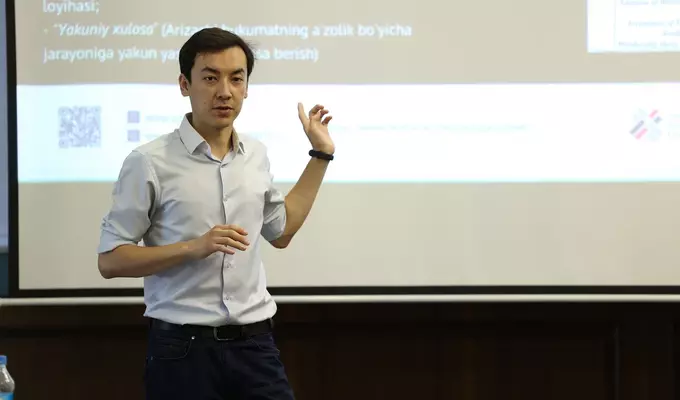
Businesses learn about WTO rules on agriculture
As Uzbekistan readies to join the World Trade Organization (WTO), businesses are learning the global trade rules on farm goods.
Agriculture earns a quarter of Uzbekistan’s gross domestic product and employs 27% of the workforce. That’s more than any other sector, and makes agriculture the most effective driver of reducing poverty and inequality, according to the Food and Agriculture Organization.
That could become even more true as Uzbekistan joins the rules-based world economy.
Training by the International Trade Centre (ITC) brought together producers of agricultural goods in all of the country’s regions. Workshops were held in the Republic of Karakalpakstan, Kashkadarya, Khorezm and Samarkand regions in January 2023. And during June and July 2023, a further nine workshops took place in Andijan, Bukhara, Djizzak, Ferghana, Namangan, Navoi, Syrdarya, Surkhandarya and Tashkent regions.
Because farming directly affects security, countries tend to protect or support their sectors.
Given that sensitivity, the training explained WTO’s approach to import tariffs. The trade body has capped and gradually brought down these duties to reduce the cost of traded goods over time. WTO rules also ensure tariffs are fair, without favouring some countries over others.
Agricultural subsidy ‘boxes’ explained
The WTO’s arcane subsidy categories were also unpacked. The so-called green box, amber box and blue box categories show which subsidies are allowed.
Special and differential treatment was explained. Under this principle, developing countries have easier tariff reduction regimes than developed countries for a softer transition. This allows them to maintain higher levels of duties because of their sensitivities.
The workshops were attended by 191 participants from agricultural producer and exporter companies, most at management or board level. A further 89 officials from relevant government organizations also participated.
About the project
The training was organized by the ITC with funding from the European Union under the Facilitating the process of Uzbekistan’s accession to the WTO project envelope. The five-year initiative supports Uzbekistan's development plans to modernize its economy by leveraging its WTO accession process. One of the key pillars of the project is to ensure that the private sector, including women’s business associations, are sufficiently familiarized with the effects WTO membership will have on them and how they can participate to benefit.




